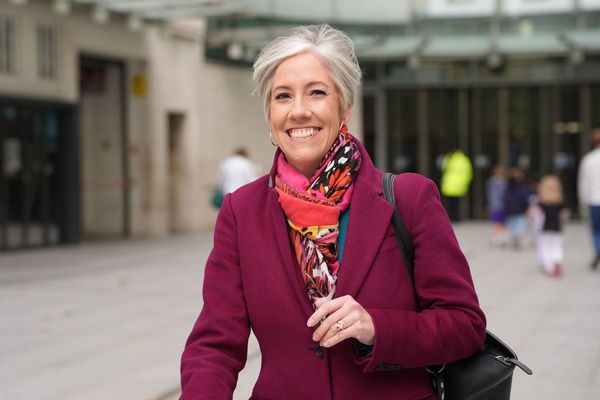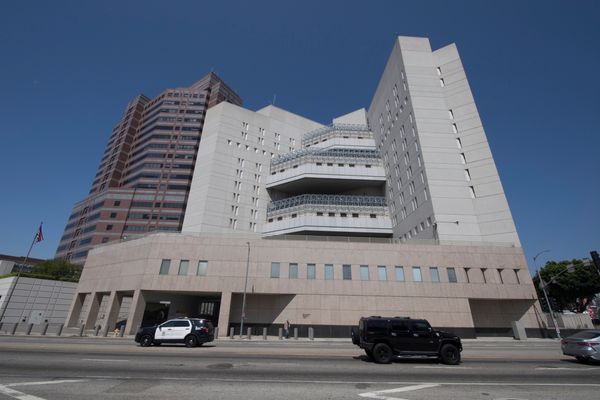Krispy Kreme (DNUT) shares jumped higher Tuesday after the coffee and donut chain posted stronger-than-expected fourth quarter sales, and its first profit as a public company, even as Covid and supply chain expenses chipped away at its bottom line.
Adjusted earnings for the three months ending on January 2, the group's fiscal fourth quarter, fell 20% from last year -- thanks in part to dilution from its July IPO -- to 8 cents per share, a shade under the Street consensus.
Operating expenses were also a weight on profits, rising 14.5% to $167.5 million, as wage and input costs continue to test food retailers around the country. Group sales, however rose 13.8% to $370.6 million, firmly ahead of analysts' forecasts.
Looking into the current financial year, Krispy Kreme said it sees total revenues in the region of $1.53 billion to $1.56 billion, a figure that would represent organic growth of around 10% to 12%, with adjusted earnings rising to around 38 and 41 cents per share.
“Our fourth quarter and full year results demonstrate the benefits of our omni-channel model and global expansion strategy, which allow us to meet consumer demand with premium, fresh doughnuts," said CEO Mike Tattersfield. "Our global Halloween campaign and seasonal limited time offerings resonated strongly with consumers which really maximizes the gifting and sharing occasions of the brand.”
“Looking ahead, we are well-positioned to deliver another year of double-digit revenue growth in 2022," he added. "Our performance will be led by the expansion of our omni-channel model, as we continue to significantly expand our points of access. We are incredibly excited for the opportunity to open in at least three new countries in 2022 and expand our global footprint for years to come.”
Krispy Kreme shares were marked 7.4% higher in early Tuesday trading to change hands at $14.75 each, a move that would trim the stock's six-month decline to around 12%.
Earlier this month, Starbucks (SBUX), the world's biggest coffee store chain, trimmed its near-term profit outlook as it saw higher-than-anticipated costs from training and onboarding of new Starbucks partners" adding that 'a highly transmissible omicron variant amplified staffing shortages in our supply chain, resulting in higher-than-planned distribution and transportation costs."







